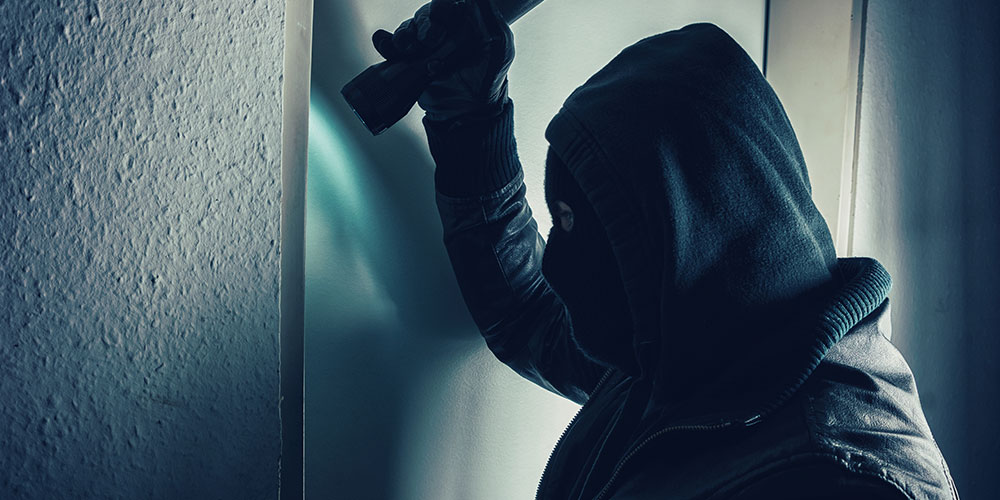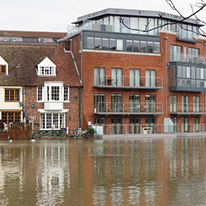This post was originally published on July 23, 2015 and has been updated for accuracy and comprehensiveness.
Many businesses utilize surveillance cameras as a way to deter theft, reduce violence and monitor employee performance—but are they abiding by the law?
This post explains several legal considerations for commercial video surveillance, and what businesses should look for in a solution provider.
Disclaimer: This post is provided for informational purposes only and not intended as a complete guide or for the purpose of providing legal advice. You should contact an attorney to obtain legal advice with respect to any particular issue or concern, including legal advice specific to your needs and location.
1. Place Cameras Appropriately
The safety of your business is a top priority, but the privacy of your employees and customers should be, too. When strategically placing cameras throughout your business, avoid areas where people have a reasonable expectation of privacy.
Examples include:
- Bathrooms
- Dressing rooms
- Exam rooms
- Hotel rooms
- Locker rooms
Additionally, don’t forget about areas that could be unintentionally recorded. A common example is an outdoor camera with a field of view that extends to adjacent properties. Be a good neighbor by ensuring your cameras do not record nearby apartments or other private spaces. You can achieve this by properly positioning the camera or by “masking” the image to block portions from being recorded.
Be aware of the difference between public and private jurisdiction, and know your rights if authorities request access to the recorded images.
Specific laws and regulations vary by state; if you have questions about appropriate camera placement, contact your vendor, attorney and/or local authorities for more information.
2. Understand Audio Recording Regulations
If your equipment has the ability to record audio, carefully consider whether you need this feature, and leave it disabled until you are confident your use does not violate the law. Requirements vary by state in the U.S., but in general, some form of notification and/or consent by one or more of the parties to a conversation being recorded is typically required.
In some cases, strategic placement of signs throughout your business or the inclusion of audio recording information in employee agreements may meet legal requirements. Consult an attorney with experience in the field before moving forward.
3. Select a Licensed Video Surveillance Equipment Vendor
Business owners are not the only ones who need to meet specific guidelines and regulations. Video surveillance system vendors must have valid licenses to operate in your state or county. Ask your provider for documentation to assure they meet the necessary requirements.
While proper licensing should satisfy legal requirements, look for companies that also encourage employees to obtain industry and product certifications, such as those offered by the National Institute for Certification in Engineering Technologies (NICET) and Electronic Security Association (ESA) National Training School (NTS).
The best recognized certification is the Certified Alarm/Security Technician - Level I, which demonstrates expertise in basic electronic security installation. However, advanced and specialized certifications also exist, and can provide further insight into a vendor’s capabilities.
Finally, installers should be up to date on local building codes and jurisdictional requirements in your area to ensure installation compliance.
Research your potential vendor before making a decision. Ask for credentials. Utilize consumer resources to review ratings, and consider recommendations from other business owners to evaluate overall quality and reliability.



